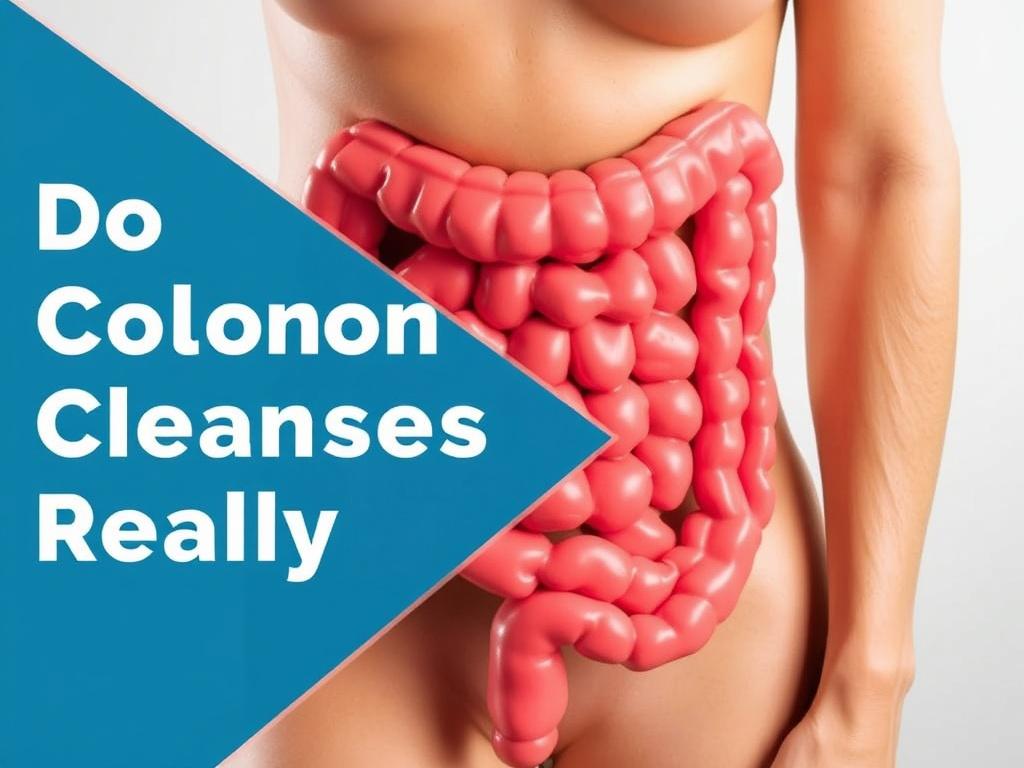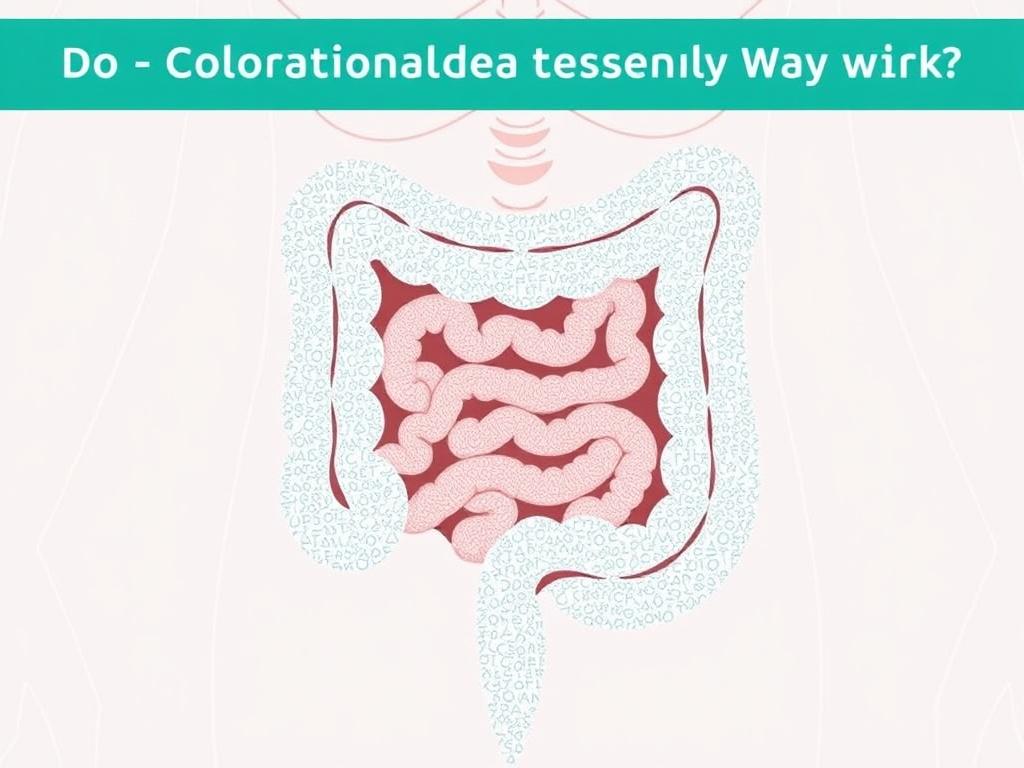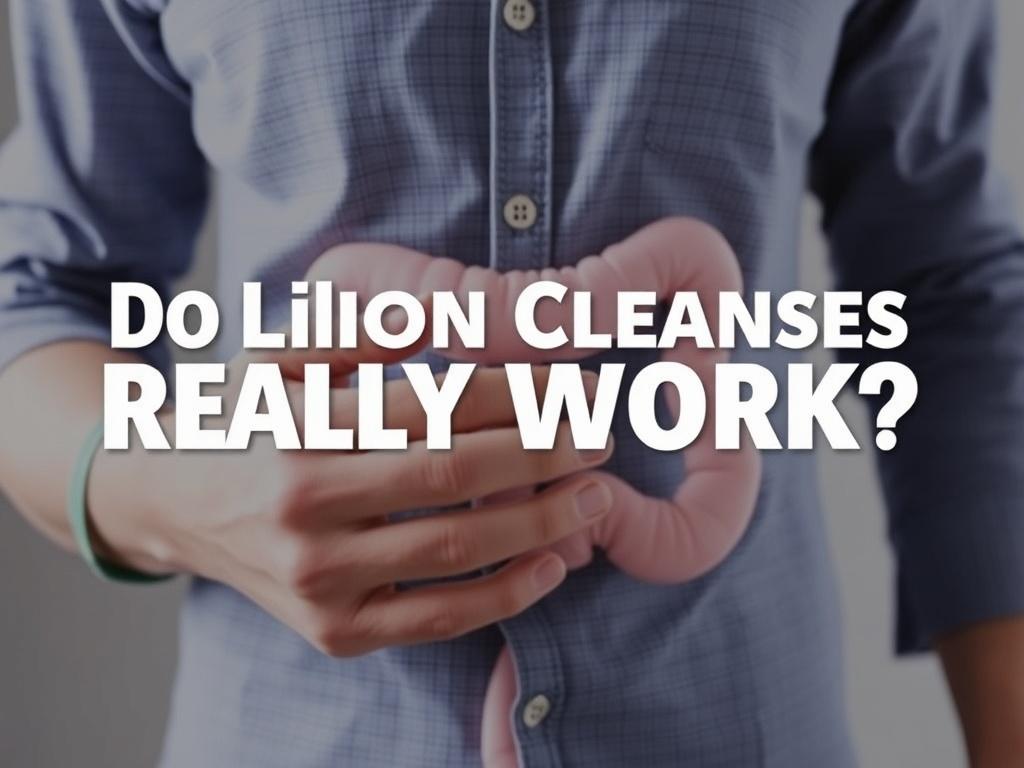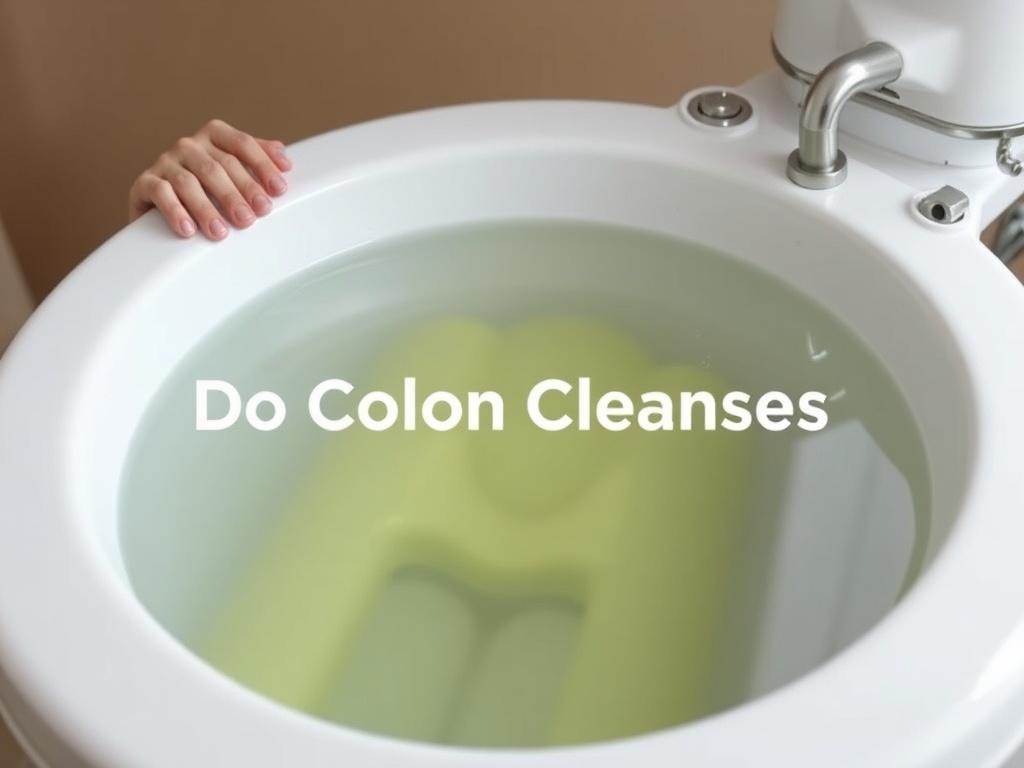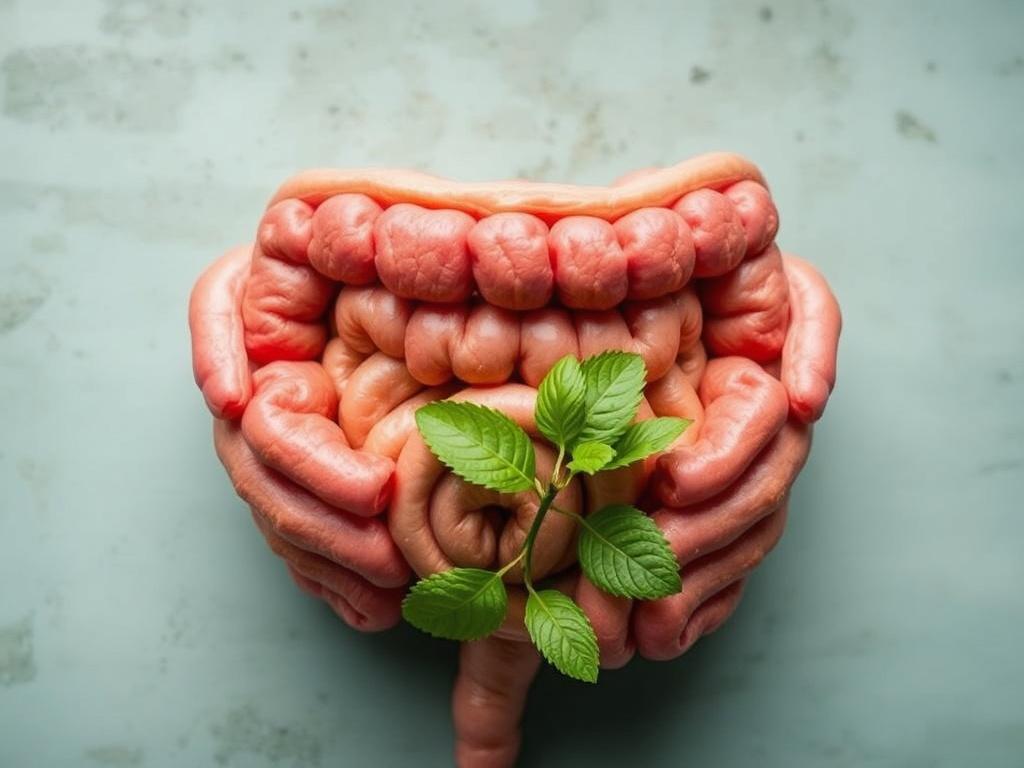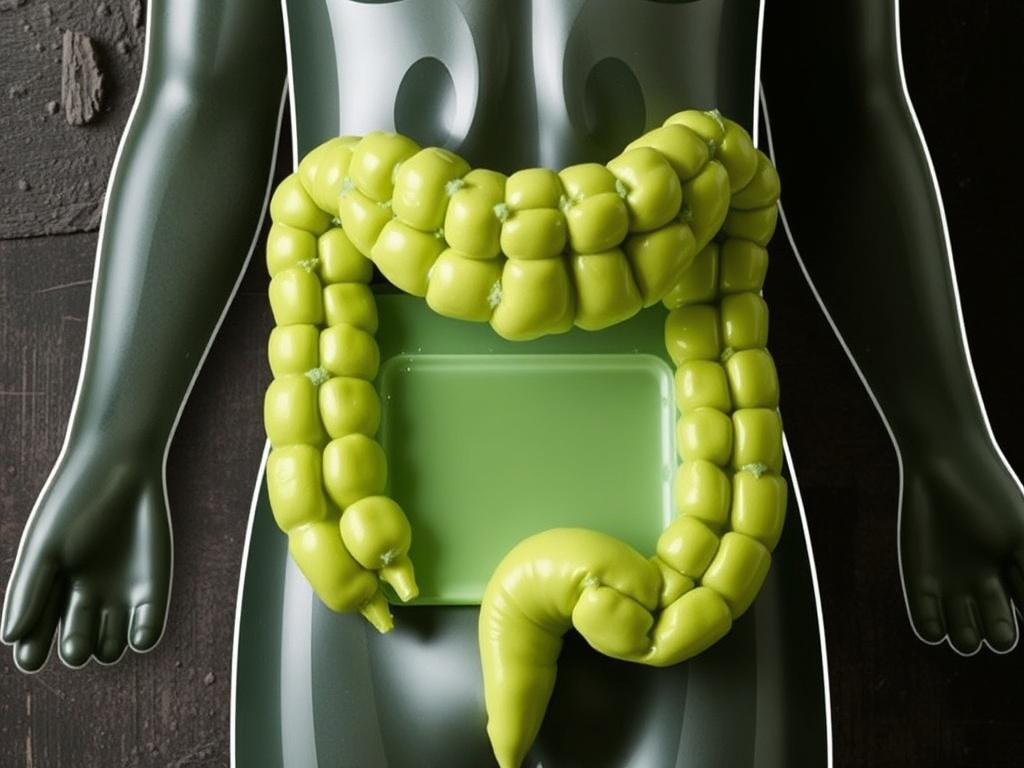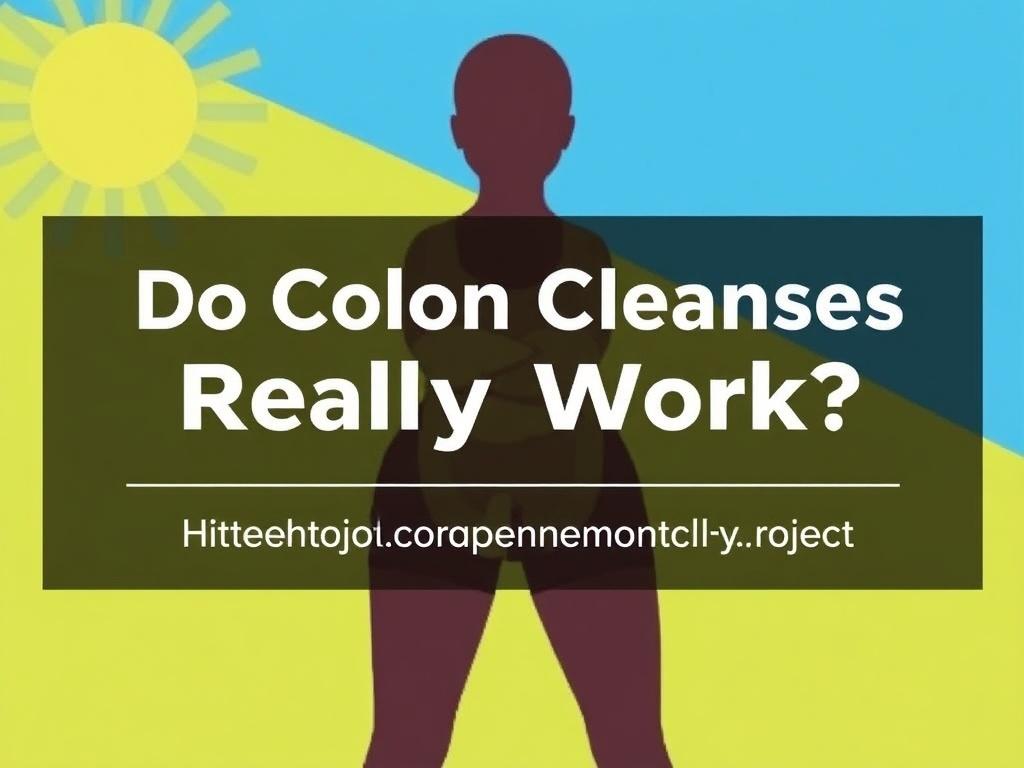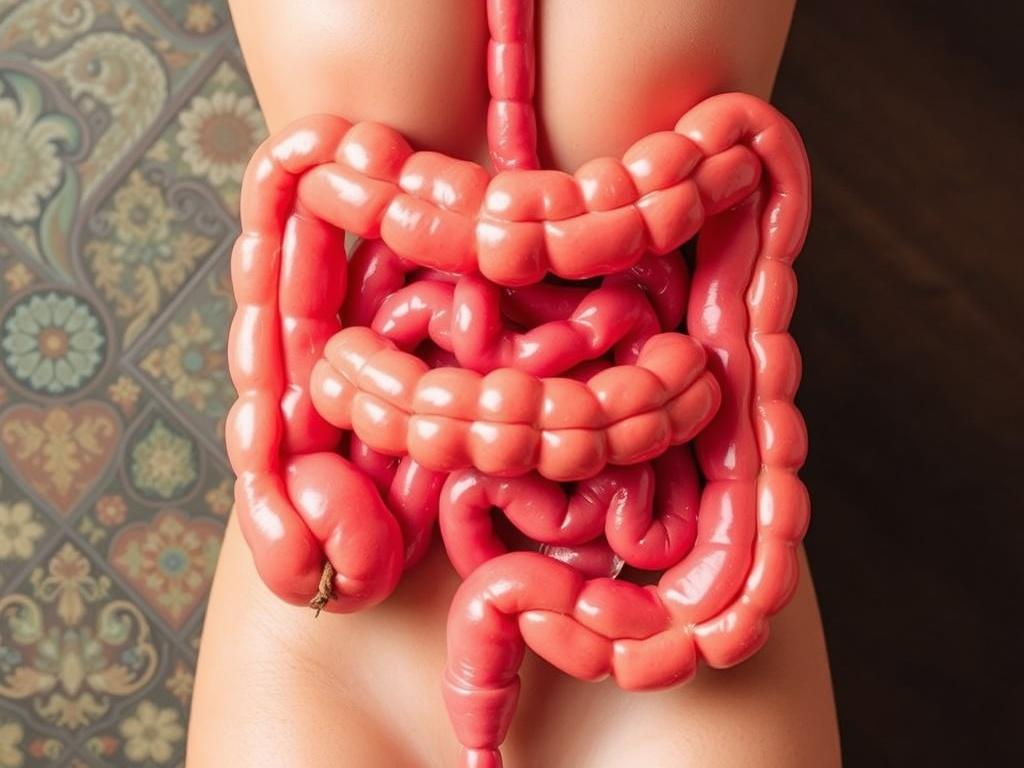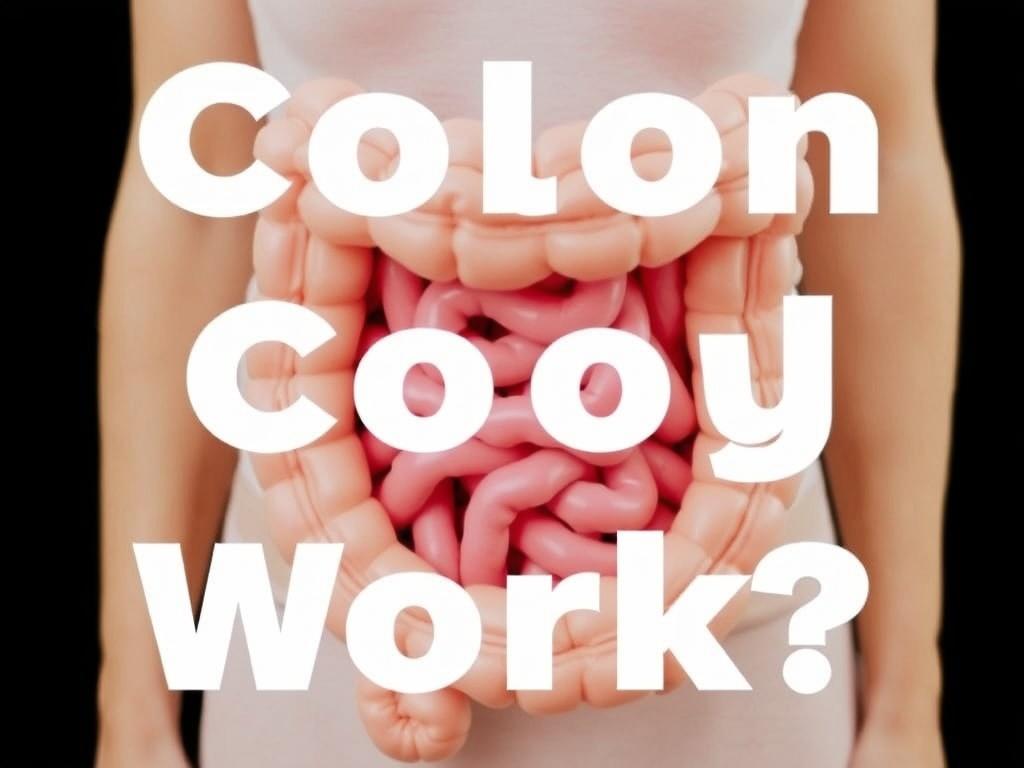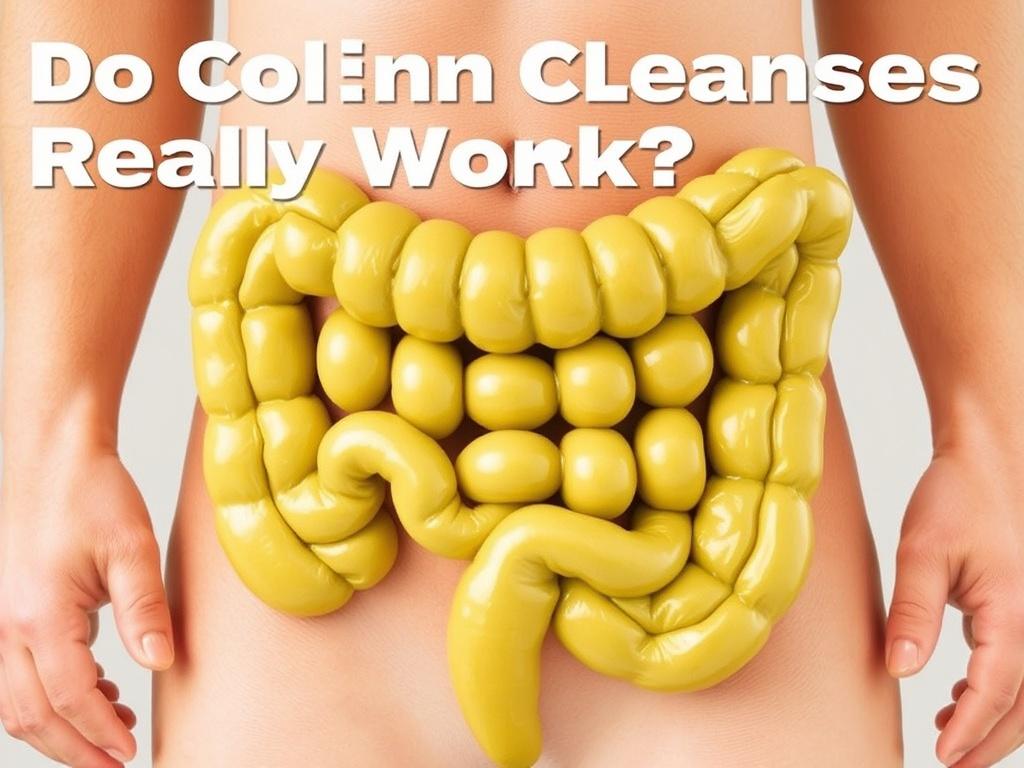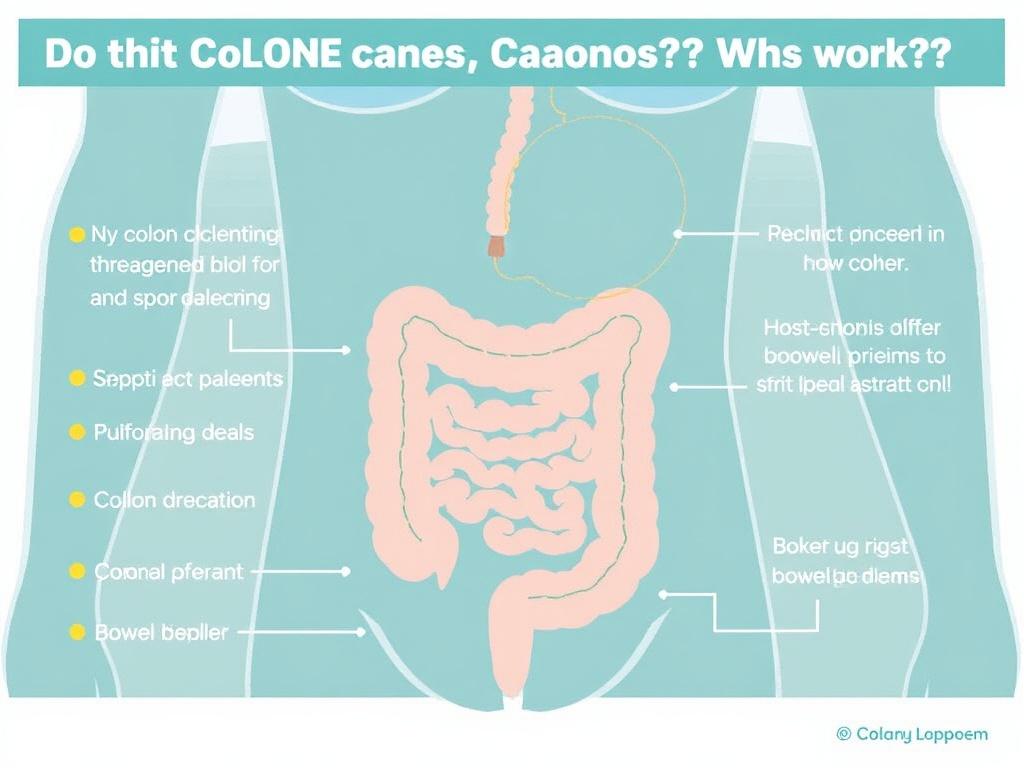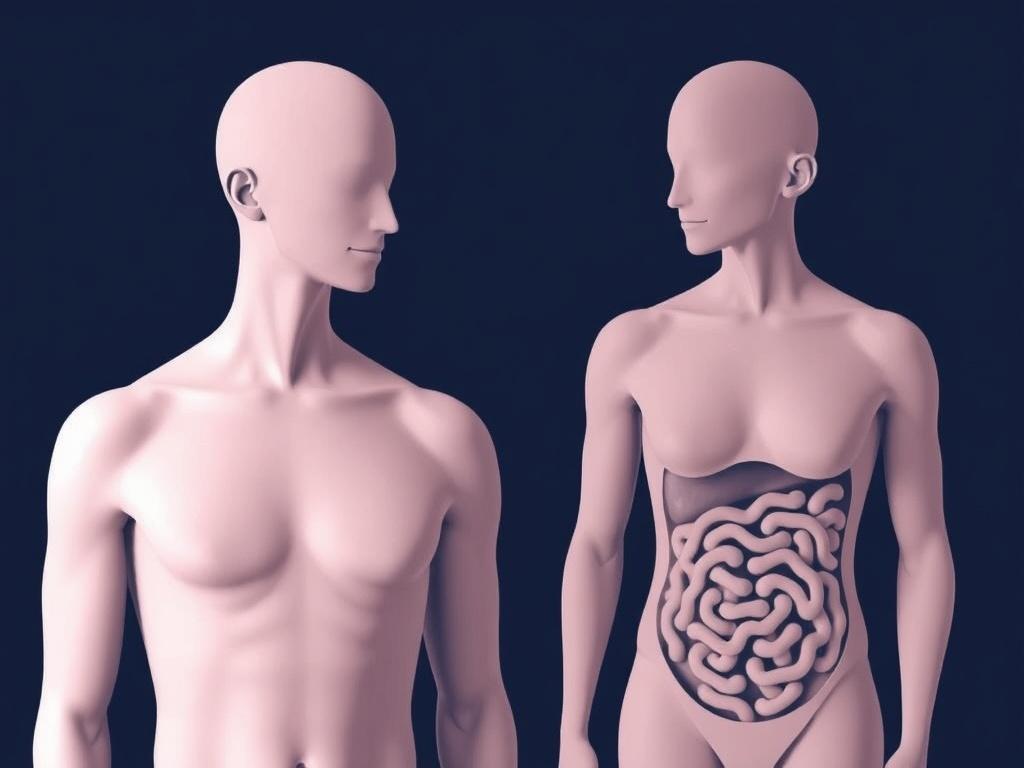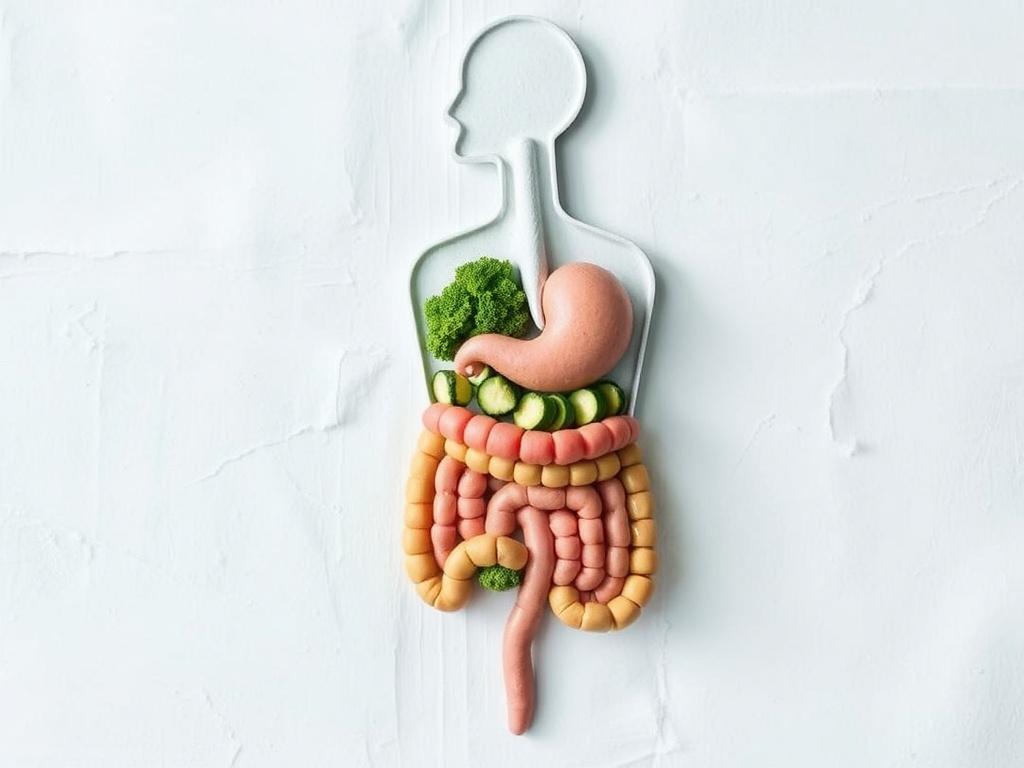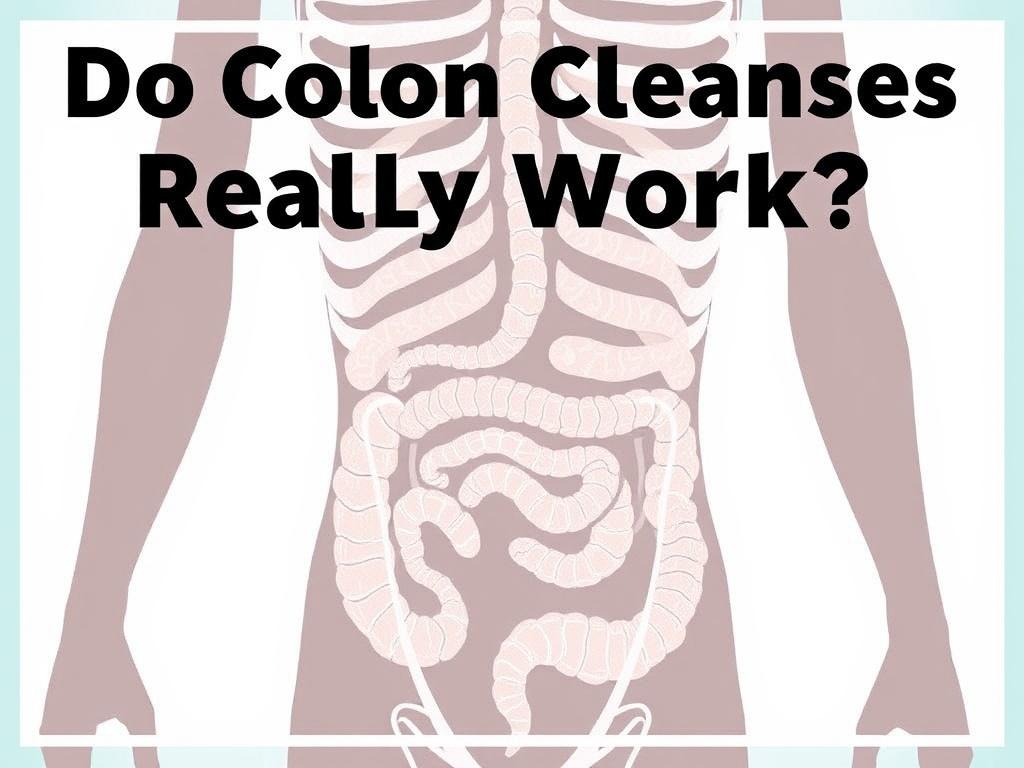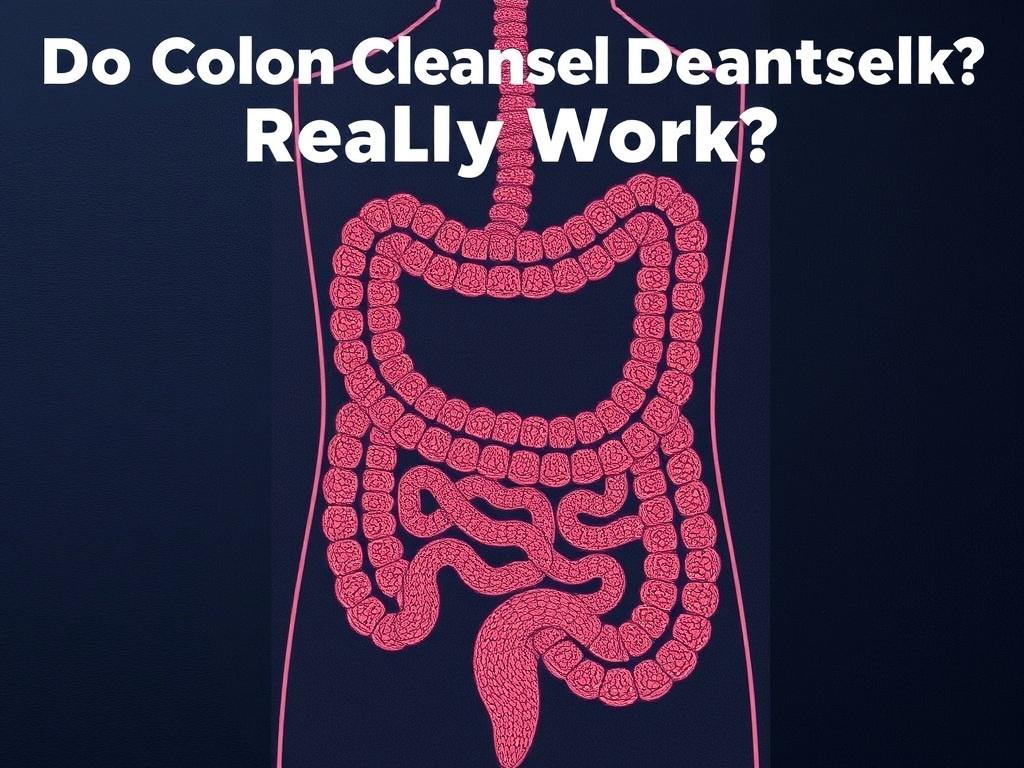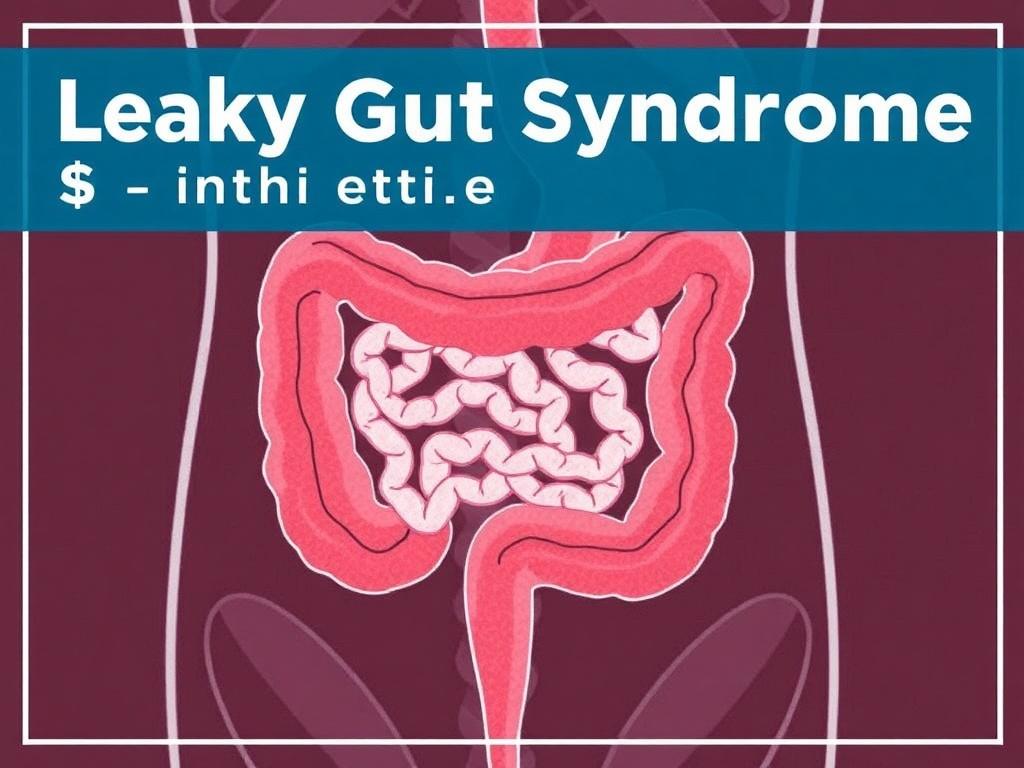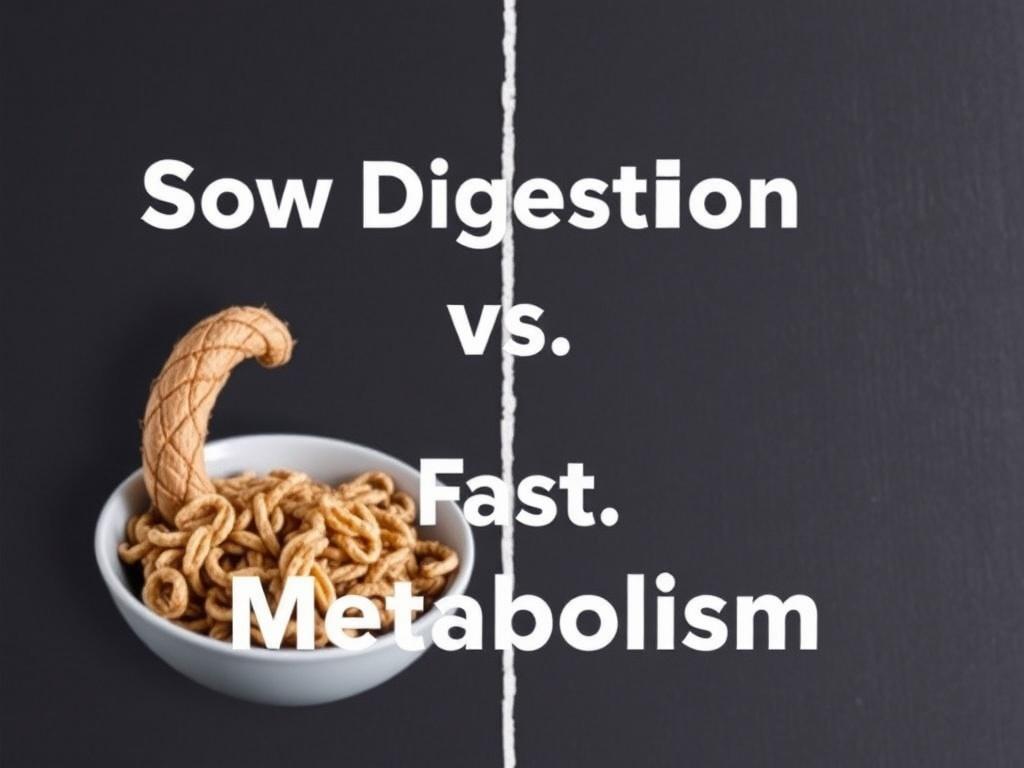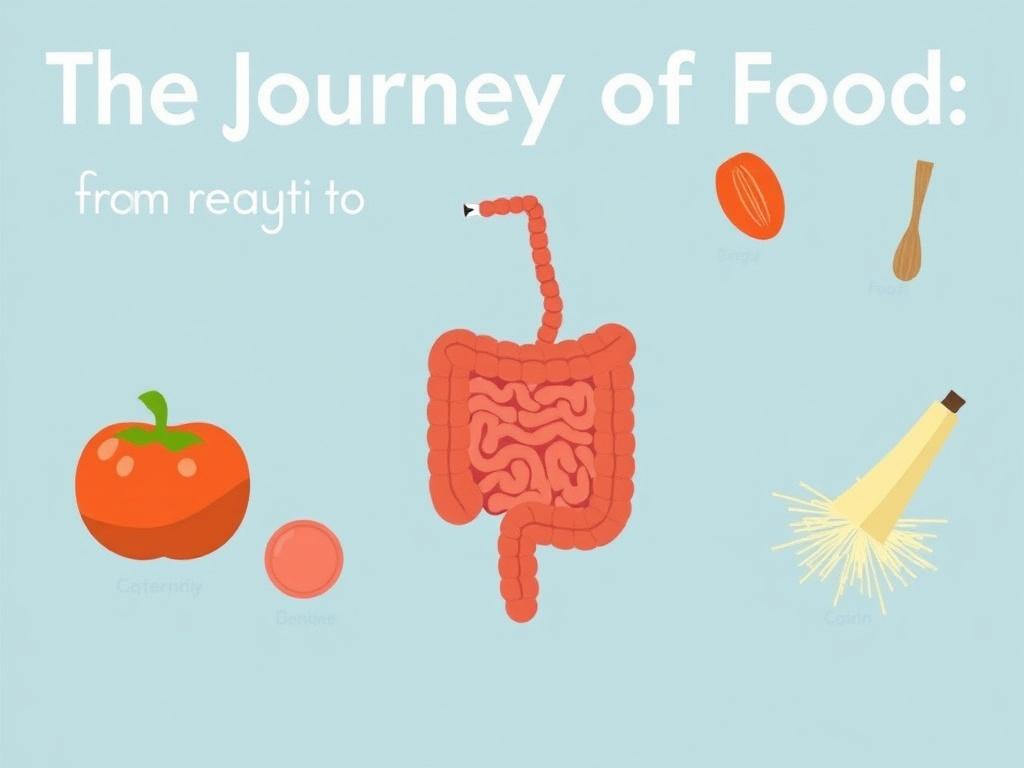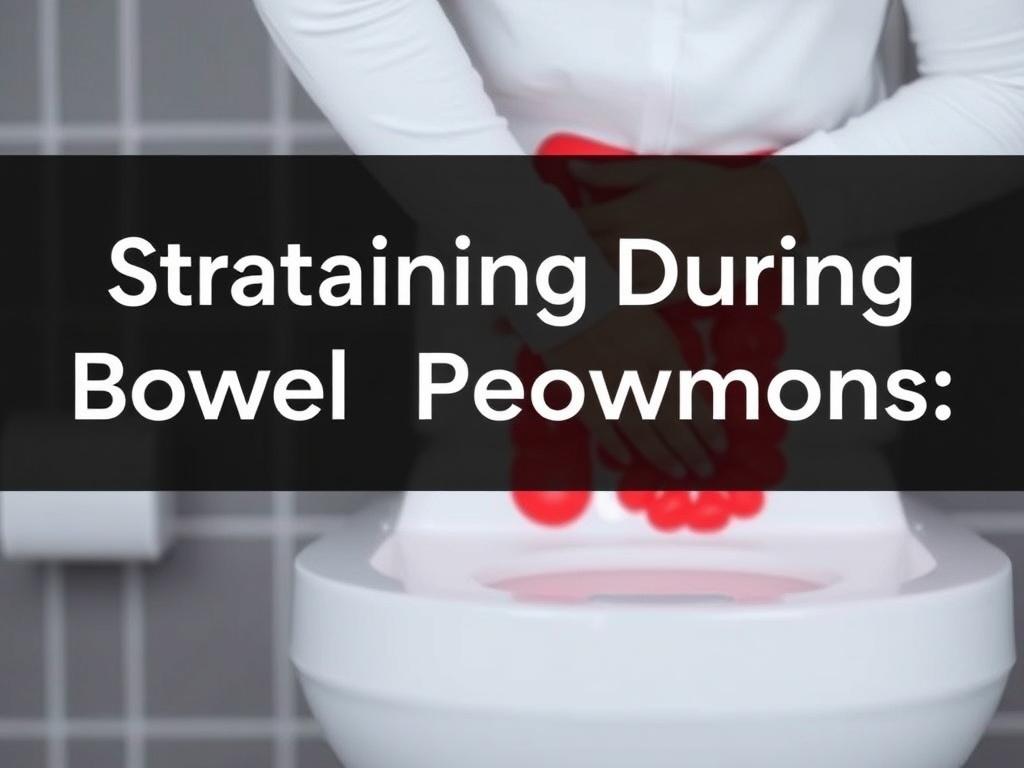You’ve probably seen glossy ads promising that a quick cleanse will flush away years of built-up gunk, reboot your body, and give you boundless energy. Maybe you’ve watched a friend rave about how “light” they felt after a colonic, or read articles claiming that colon cleanses can cure everything from headaches to chronic fatigue. It’s a tempting idea: a simple ritual that clears out the bad and makes everything better. But before you schedule an appointment or swallow a packet of herbs, it helps to slow down, look at the science, weigh the risks, and understand what your body actually does on its own. This article walks through how colon cleanses are supposed to work, what evidence supports or refutes those claims, the risks involved, safer alternatives, and practical steps if you’re thinking about trying one.
What people mean by a “colon cleanse”
When someone talks about a colon cleanse, they might mean several different things. For some, it’s an herbal supplement that promises to flush the digestive tract. For others, it’s an enema, where fluid is introduced into the lower bowel to trigger bowel movements. Still others mean colon hydrotherapy—sometimes called colonics—where a practitioner uses equipment to irrigate the colon with water in a clinic setting. Medical bowel preparation for colonoscopy is also technically a form of colon cleansing, but it’s a medically supervised process designed to clear the colon so physicians can see the lining during the procedure. The differences matter, because the evidence and safety profile vary widely from one method to another.
Common types of colon cleansing
There’s a surprising variety of products and procedures labeled “colon cleanse.” Here’s a quick list to show the range:
- Laxative pills and powders (over-the-counter): stimulant laxatives (senna), osmotic laxatives (polyethylene glycol/PEG), and bulk-forming fiber supplements.
- Herbal supplements and “detox” powders: blends that often include senna, cascara, aloe, bentonite clay, or psyllium.
- Enemas: small volumes of fluid introduced rectally at home (e.g., saline or soap-suds).
- Colon hydrotherapy (colonics): professional irrigation of the colon with larger volumes of water in a clinic.
- Medical bowel preps: prescription or pharmacy solutions used before colonoscopy (PEG-electrolyte solutions, sodium phosphate preparations).
What claims are made—and why they’re persuasive
Marketers promise a lot: improved digestion, weight loss, clearer skin, relief from chronic conditions, toxin removal, and boosted immunity. These claims are persuasive for a few reasons. First, constipation and sluggish digestion are common and uncomfortable, so relief is attractive. Second, “detox” language taps into a natural desire to remove invisible threats—who doesn’t like the idea of flushing out built-up “toxins”? Third, immediate effects—like the lightness after a bowel movement—feel like validation: when something causes you to evacuate stool, you interpret that as waste being removed and health being improved. But immediate subjective sensations aren’t the same as long-term, measurable benefits, and many claims lack robust clinical evidence.
The science: what research actually says
Here’s where things get clearer—and less dramatic. The human body has organs that detoxify and manage waste: the liver metabolizes many compounds, the kidneys filter blood, and the intestinal lining acts as a barrier and metabolic interface. The colon’s main job is absorbing water and storing waste until it’s time to evacuate. The idea that a fixed, toxic mass of debris accumulates on the colon walls and needs to be mechanically removed is not supported by solid scientific evidence. Studies do not demonstrate the existence of long-term “mucoid plaque” or persistent sludge that only a cleanse can remove.
That said, certain interventions reliably do what they claim in narrow contexts. Medical bowel preparations (PEG solutions, sodium picosulfate, etc.) are proven to clear the colon for colonoscopy. Laxatives, when used appropriately, can relieve constipation. Enemas can help relieve acute impaction in select situations. But the broad, sweeping claims about overall detoxification, chronic disease cures, or permanent weight loss are unsupported.
What the evidence supports
- Colonoscopy prep: High-quality evidence shows that PEG-based solutions and other clinically-designed regimens effectively clear the colon when used correctly.
- Short-term constipation relief: For occasional constipation, stimulant laxatives (senna, bisacodyl), osmotic agents (PEG), and certain enemas can be effective.
- Temporary symptomatic relief: People often report feeling lighter or relieved after a cleanse, mainly because of stool removal or fluid shifts.
What the evidence does not support
- “Detox” of systemic toxins via colon cleanses: No strong evidence that cleanses remove systemic toxins or improve organ function beyond symptom relief.
- Long-term weight loss: Any weight lost is usually water and stool; it is typically regained quickly.
- Prevention or cure of chronic diseases: No credible trials show colon cleanses cure autoimmune conditions, chronic fatigue, or similar diseases.
Comparing different methods: effectiveness and risks
| Method | Evidence for Effectiveness | Common Risks | Typical Use Case |
|---|---|---|---|
| Medical bowel prep (PEG, sodium picosulfate) | Strong for colonoscopy prep; predictable clearing | Electrolyte shifts possible, dehydration if misused | Before colonoscopy or certain surgeries |
| Over-the-counter laxatives (stimulant/osmotic) | Effective for short-term constipation relief | Cramping, dependence with long-term stimulant use, electrolyte imbalance | Occasional constipation |
| Herbal “detox” supplements | Limited evidence; effects primarily laxative-based | Variable dosing, contamination risk, adverse reactions | Popular “at-home” cleanses; cosmetic use |
| Enemas | Effective for lower bowel evacuation | Mucosal irritation, electrolyte changes if repeated | Acute impaction, specific medical needs |
| Colon hydrotherapy (colonics) | No strong benefit beyond evacuation; research limited | Infection risk, perforation, electrolyte imbalance | Alternative therapy clinics; aesthetic/subjective use |
Colon hydrotherapy (colonics) in depth
Colon hydrotherapy involves repeatedly filling and emptying the colon with water through a tube. Some practitioners claim it removes years of fecal matter, mucus, and toxins. In reality, evidence is scarce and mostly anecdotal. Colonics can produce immediate evacuation and a subjective feeling of cleanliness. However, serious complications—though rare—have been documented, including bowel perforation, infections, aspiration, electrolyte disturbances, and spreading of pathogens if equipment is not sterilized properly.
Regulation is another issue: in many places, colon hydrotherapy is not tightly regulated, and standards for practitioner training and equipment sterilization vary. That means your experience hinges on the competence of the clinic and the honesty of the marketing claims.
When colonics might be dangerous
- In people with weakened intestinal walls (e.g., diverticulitis, recent bowel surgery, inflammatory bowel disease), colonics can risk perforation.
- Severe cardiac or kidney disease can make dehydration and electrolyte shifts risky.
- Using unsterilized equipment can introduce infections.
- Overuse can disrupt normal gut flora and bowel function.
Herbal cleanses and supplements: hope, hype, and hidden risks
Herbal products are often marketed as “natural” and therefore safe. But natural doesn’t always mean harmless. Common ingredients include senna and cascara (stimulant laxatives), psyllium (bulk fiber), bentonite clay (adsorbent), and aloe. Senna and similar stimulants can be helpful short-term but carry a risk of cramping and, with long-term use, possible dependence—your colon’s muscles may become less responsive. Bentonite clay and other adsorbents can bind medications or minerals, potentially causing deficiencies or reducing the efficacy of prescribed drugs.
Another concern is product purity. Supplements are not regulated as strictly as pharmaceuticals in many countries, so contamination with heavy metals, undeclared pharmaceuticals, or unsafe herbs can occur. Always be cautious about products promising dramatic “detox” effects.
Enemas and over-the-counter laxatives: practical uses and cautions
0
Enemas deliver fluid directly to the rectum and lower colon, which can be helpful for acute constipation or for bowel preparation before certain procedures. Over-the-counter laxatives come in different types:
- Bulk-forming (psyllium): safer for long-term use; need adequate fluids.
- Osmotic (PEG, lactulose): draw water into the bowel; effective for many people.
- Stimulant (senna, bisacodyl): increase intestinal muscle contractions; effective but not recommended daily long-term.
Using stimulant laxatives daily over months can cause the bowel to become less efficient at moving stool, potentially creating a cycle of dependence. Also be cautious in older adults, or people with heart or kidney conditions, because some laxatives can alter electrolytes.
Why the “detox” narrative is misleading
Many colon cleanse proponents use the word “detox” as if there’s a one-size-fits-all toxin hiding inside your colon, waiting to be flushed. But your body detoxifies in complex ways. The liver chemically modifies compounds; the kidneys excrete water-soluble metabolites; the lungs breathe out volatile substances; the skin eliminates small amounts through sweat. The gut is a metabolic organ but not a trash chute for systemic toxins in the way digestive marketing implies.
The idea of a static, adherent “mucoid plaque” that builds up over years and requires periodic scouring is not supported by credible pathology. The colon’s lining sheds and regenerates regularly; stool moves through and is expelled. Constipation is common, and when stool lingers it can be uncomfortable, but that’s different from the persistent sludge marketing describes.
When a colon cleanse is medically appropriate
There are clear, evidence-based reasons to clear the bowel:
- Colonoscopy and some surgeries: complete bowel prep allows visualization and reduces infection risk.
- Severe fecal impaction: in some cases, enemas, manual disimpaction, or medically supervised cleanses are necessary.
- Certain diagnostic procedures: imaging or endoscopy sometimes require an empty colon.
In these contexts, medical professionals use standardized regimens that balance effectiveness and safety. If you have chronic constipation or suspect bowel problems, the sensible step is to see a healthcare provider who can diagnose underlying causes—such as slowed colonic transit, structural obstruction, metabolic issues (hypothyroidism), medications causing constipation, or neurological contributors—and recommend targeted treatments.
Risks and side effects to know about
Even seemingly benign interventions can cause problems. Here are the main risks associated with various cleansing approaches:
- Dehydration and electrolyte imbalance: especially with osmotic laxatives, sodium phosphate preps, or repeated colonics.
- Bowel perforation: rare but serious, mostly associated with colonics in susceptible individuals.
- Infection: from non-sterile equipment or altered gut flora.
- Dependence and reduced bowel motility: with chronic stimulant laxative use.
- Allergic reactions or adverse interactions: herbal ingredients can interact with medications.
- Rectal irritation or bleeding: from frequent enemas or improper technique.
Safer alternatives and evidence-based strategies
If your goal is better digestion, regular bowel movements, or feeling healthier, there are safer, evidence-backed routes you can try that don’t involve extreme cleanses:
- Dietary fiber: Increasing soluble and insoluble fiber through fruits, vegetables, legumes, and whole grains helps stool bulk and transit time. Aim for a gradual increase to avoid gas and bloating.
- Hydration: Drinking adequate water supports normal stool consistency, especially when increasing fiber.
- Regular activity: Exercise stimulates gut motility and reduces constipation.
- Probiotics: For some people, certain probiotic strains can help bowel regularity and bloating, though responses vary.
- Routine and positioning: Establishing a regular toilet routine and using footstools to flex the hips can ease bowel movements.
- Appropriate use of laxatives under guidance: For chronic constipation, osmotic agents like polyethylene glycol can be used longer-term under medical supervision.
Table: Safer alternatives vs common cleanse methods
| Approach | Effectiveness | Risk Level | Best for |
|---|---|---|---|
| High-fiber diet + fluids | Good for preventing constipation; sustainable | Low | Long-term bowel health |
| Regular exercise | Moderate benefit for motility | Low | General health and constipation prevention |
| PEG (under doctor) | High for chronic constipation when indicated | Moderate | Chronic constipation management |
| Herbal detox supplement | Limited/variable | Moderate to high (depending on purity and dosing) | Aesthetic or short-term relief (not recommended for medical issues) |
| Colonics | Immediate evacuation; no proven long-term benefit | Moderate to high | Subjective use at clinics (exercise caution) |
How to evaluate products and practitioners
If you’re considering a colon cleanse, especially a clinic-based colonic or a supplement, do your homework. Here’s a checklist:
- Ask for credentials: Is the practitioner licensed or medically trained? What kind of training do they have in colon hydrotherapy?
- Sterilization standards: How is equipment cleaned? Are disposable tips used?
- Ask for scientific evidence: What studies back the claims made? Be skeptical of anecdotal testimonials.
- Ingredient transparency: For supplements, is every ingredient listed with dosages? Are there third-party purity tests?
- Check for red flags: Promises of curing serious disease, “secret formulas,” or guarantees should be treated with skepticism.
- Consult your doctor first: Especially if you have medical conditions, take medications, or are pregnant.
Common myths and the facts behind them
People believe a lot of things about colon cleanses. Let’s tackle a few common myths.
- Myth: The colon builds up years of toxic sludge that only cleanses can remove. Fact: The colon sheds its lining and moves stool regularly; persistent “sludge” is not a recognized medical phenomenon.
- Myth: Cleanses will give you long-term weight loss. Fact: Any weight loss from a cleanse is usually fluid or stool and is temporary.
- Myth: You’ll detoxify your whole body. Fact: Systemic detoxification is primarily the job of the liver and kidneys; colon cleanses target the bowel, not systemic toxins.
Practical steps if you’re experiencing bowel problems
If you’re uncomfortable, constipated, or thinking about a cleanse, follow these steps:
- Track your symptoms: How long, how often, stool consistency (Bristol stool scale can help), pain, bleeding, weight changes, or other red flags.
- Review medications: Many drugs (pain meds, anticholinergics, iron supplements) can cause constipation.
- Try conservative measures first: fiber, fluids, exercise, and scheduled toilet times.
- If symptoms persist two weeks or more, or if you have alarming signs (weight loss, bleeding, severe pain), see a physician.
- If a colonoscopy is recommended, follow medical bowel prep instructions closely—this is an evidence-based, supervised cleanse for a necessary diagnostic purpose.
When to see a doctor immediately
- Severe, unrelenting abdominal pain
- High fever with abdominal symptoms
- Significant rectal bleeding
- Sudden inability to pass gas and stool (possible bowel obstruction)
Personal stories: what people experience
Anecdotes are powerful, and they explain why cleanses remain popular. People report immediate relief from bloating, a sense of lightness, and renewed energy. Often those changes stem from removing obstructive stool or a placebo effect amplified by the ritual of self-care. In other stories, people experienced cramps, nausea, or worsening symptoms—especially when products were misused or underlying conditions were ignored. Your gut is personal: what helps one person may harm another, and that’s why individualized, evidence-informed care beats one-size-fits-all cleanses.
How to approach the decision—questions to ask yourself
Before you try a colon cleanse, ask:
- What am I hoping to achieve? Symptom relief, diagnostic prep, or general “detox”?
- Is there a medical reason for this cleanse? Has a clinician recommended it?
- Have I tried gentler, evidence-based options first (fiber, fluids, exercise)?
- Have I researched the practitioner and product, and am I comfortable with their safety protocols?
- Am I aware of the potential risks and side effects?
Quick practical tips if you choose a cleanse
- Tell your doctor: Be transparent about the products or procedures you plan to use.
- Stay hydrated: Many cleanses cause fluid shifts, so drink adequate water.
- Avoid frequent use of stimulant laxatives: Reserve them for short-term needs unless supervised medically.
- Watch for warning signs: Lightheadedness, fainting, severe abdominal pain, or prolonged vomiting require immediate medical attention.
- Prefer well-studied preparations if medically needed: e.g., PEG for bowel prep is safer and more predictable than random home remedies.
Final thoughts on “do colon cleanses really work?”
If by “work” you mean “cause immediate emptying of the colon,” then yes—many cleansing methods accomplish that. But if you mean “remove hidden toxins,” “produce sustained weight loss,” or “deliver lasting health improvements,” the answer is no—there’s little good evidence to support those claims. The colon does not typically harbor years of immovable sludge needing periodic removal, and the body’s detox systems are more complex than a single cleanse can address. That doesn’t mean there aren’t valid medical reasons to clear the bowel—colonoscopy prep and treatment for certain types of impaction are important and evidence-based. The key is matching the method to the need, being aware of risks, and favoring gentle, sustainable habits like fiber, fluids, and activity for long-term bowel health.
Conclusion
Colon cleanses can produce immediate and sometimes satisfying results—especially for short-term relief of constipation or as a necessary medical prep—but the sweeping health claims around “detoxing” or curing chronic illness are not supported by solid science; they carry real risks if misused, and safer, evidence-based alternatives like dietary fiber, hydration, exercise, and medically supervised treatments are usually better choices for long-term gut health, so consult a healthcare professional before beginning any aggressive cleanse and prioritize approaches that are proven, gentle, and tailored to your individual needs.

